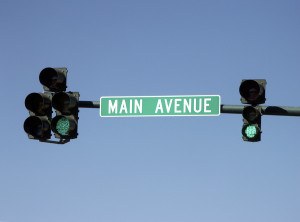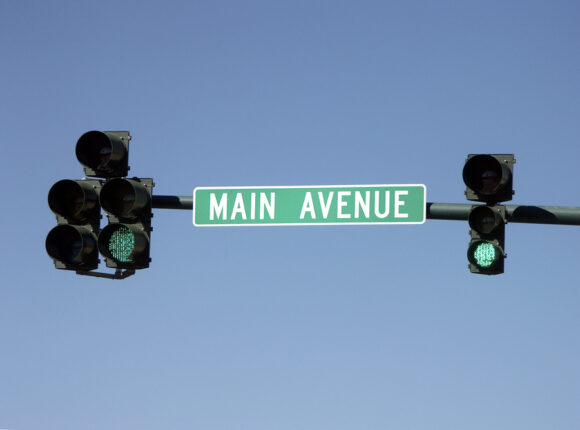A group’s pilot program to cut air pollution in Pittsburgh, Pa., by developing “smart” traffic signals that communicate with one another is showing promise and should be expanded.
The technology was developed at Carnegie Mellon University and funded by the Henry L. Hillman Foundation, while the Heinz Endowments’ Breath Project and the Richard King Mellon Foundation have funded the pilot program.
 Officials on Monday say the traffic signals in the city’s congested East Liberty section have cut the time motorists spend waiting in their vehicles by 40 percent and overall travel time through the area by 26 percent. That has resulted in a projected 21 percent reduction in vehicle emissions.
Officials on Monday say the traffic signals in the city’s congested East Liberty section have cut the time motorists spend waiting in their vehicles by 40 percent and overall travel time through the area by 26 percent. That has resulted in a projected 21 percent reduction in vehicle emissions.
The signals use artificial intelligence to communicate so the signals can adapt to changing traffic patterns in real-time to reduce traffic congestion.
Was this article valuable?
Here are more articles you may enjoy.


 Canceled FEMA Review Council Vote Leaves Flood Insurance Reforms in Limbo
Canceled FEMA Review Council Vote Leaves Flood Insurance Reforms in Limbo  Cape Cod Faces Highest Snow Risk as New Coastal Storm Forms
Cape Cod Faces Highest Snow Risk as New Coastal Storm Forms  China Bans Hidden Car Door Handles in World-First Safety Policy
China Bans Hidden Car Door Handles in World-First Safety Policy  Elon Musk Alone Can’t Explain Tesla’s Owner Exodus
Elon Musk Alone Can’t Explain Tesla’s Owner Exodus 